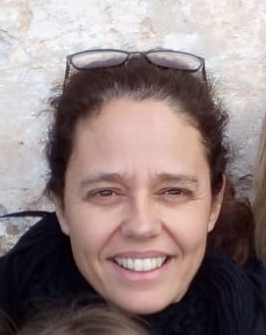I graduated in Biology in 1995, earned my MSc in 1998, and completed my PhD in 2005 at the UB on the study of marker pigments in high mountain lakes in the Pyrenees. These studies contributed to advancing knowledge by identifying marker pigments as proxies for primary producers including phototrophic bacteria, cyanobacteria, and algal groups as well as for various ecological processes occurring at different spatio-temporal scales, such as anoxia, UV radiation, light penetration, grazing, eutrophication, and nitrogen fixation.
In 2006, I was awarded a Beatriu de Pinós Postdoctoral Fellowship (2006-2008) at National Environmental Research Institute (DMU, Denmark), where I investigated the response of photosynthetic organisms to global change using marker pigments as proxies. During this period, I participated in limnological expeditions to Denmark, the Azores Archipelago, and Tasmania. The results obtained were relevant for understanding the factors that shape aquatic communities and their responses to environmental gradients (e.g., geology, climate, nutrients, introduced species) using a space-for-time substitution approach.
I then secured a second postdoctoral position (2008-2011) at the CEAB-CSIC under the JAE-Doc program, where I studied the changes in community composition of photosynthetic organisms during periods of rapid climate change since the last glacial maximum. These results highlighted notable differences in biotic responses to climate forcing.
Currently, my research group at CEAB-CSIC focuses on the biodiversity, ecology, and paleoecology of microalgae and photoautotrophic bacteria in aquatic systems. These organisms are key components of trophic food webs and serve as indirect indicators for studying global-scale environmental changes. We have coordinated a LIFE+ Nature project (LIFE13 NAT/ES/001210), aimed at the conservation of alpine aquatic environments in the Pyrenees, and have recently launched a second LIFE project (LIFE20 NAT/ES/000369) expanding conservation efforts to the Alps.
Historical fish introductions in remote lakes have created a series of scenarios that we use as a natural laboratory in which to study different ecological aspects. Our research has reported the impacts of fish introductions on lake fauna and flora, providing new insights and hypotheses on the role of trophic cascades. These findings contribute to improving conservation strategies and understanding their effectiveness.



